GENERAL
10 Rights of Children in India
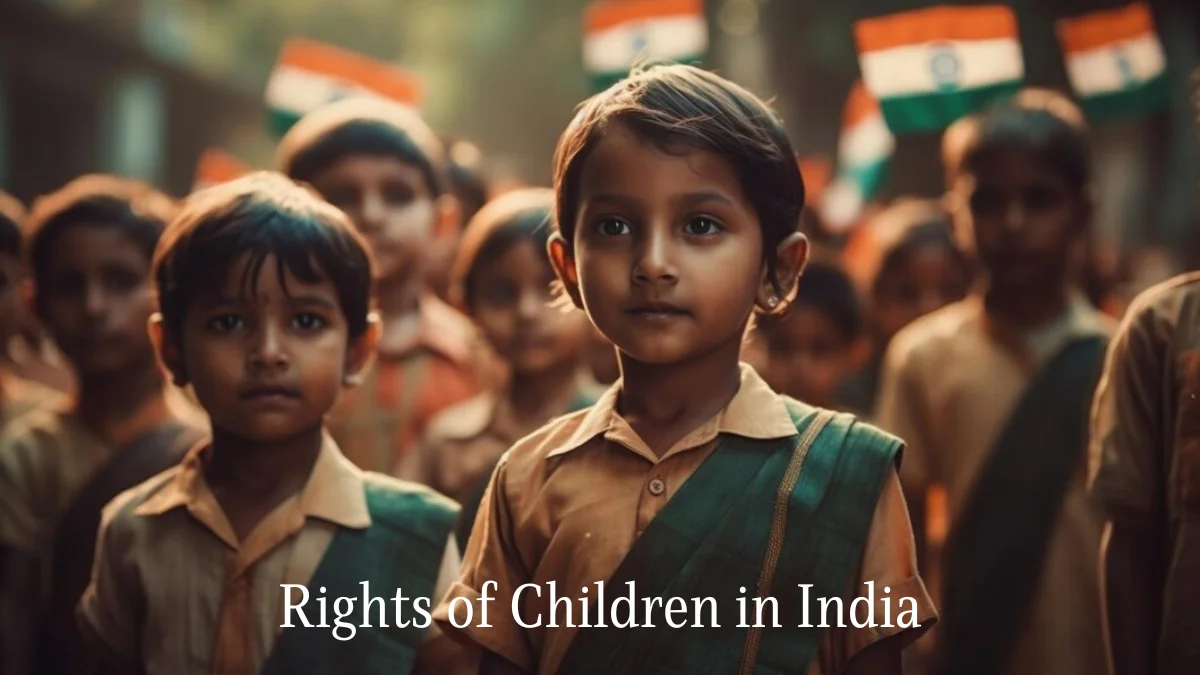
The Indian legal and social systems prioritize protecting children’s rights as an essential component of these systems. Parents, teachers, and community members must know these rights so all children can grow up in an inclusive, safe, and supportive setting. In fighting for and guaranteeing their national implementation, every Indian children’s rights NGO plays an essential role. Thus, in India, every child enjoys the following ten fundamental rights:
Table of Contents
1. Children’s Rights to Education
The RTE mandates that all children between six and fourteen attend public school at no cost. This law guarantees all children a free and appropriate public primary education, regardless of their family’s socioeconomic status, Religious affiliation, or other factors.
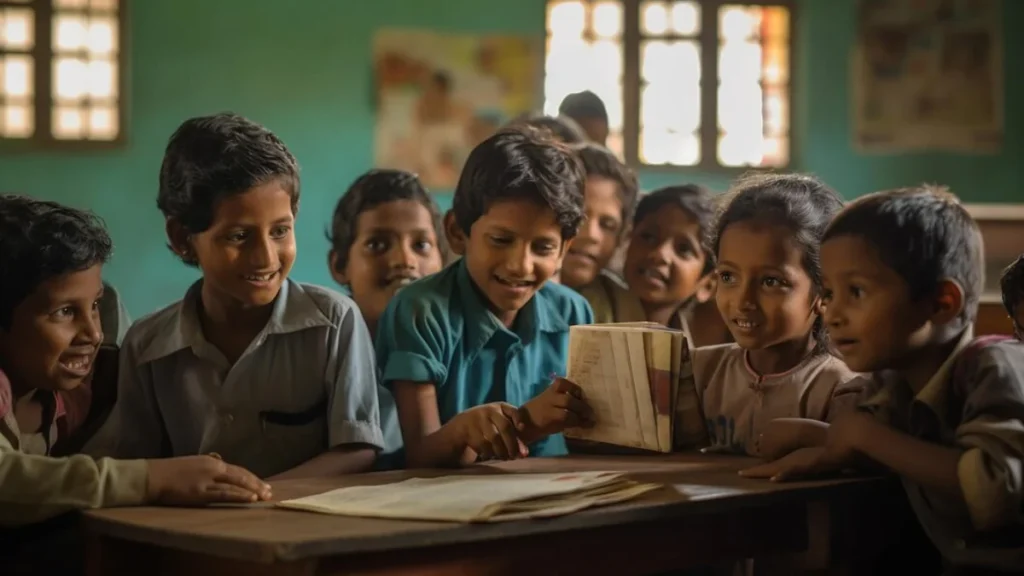
2. Protected From Exploitation
Indian law protects children under fourteen from being employed in hazardous occupations. The Child Labor (Prohibition and Regulation) Act further expanded protections, prohibiting adolescent labor and outlining penalties for those employing kids in dangerous conditions.
3. Protected From Abuse and Violence
The Indian government has passed laws to prohibit the Psychological and Physical abuse of children. A robust framework for prosecuting and punishing individuals who perpetrate abuse against children is provided by regulations such as the Protection of Children from Sexual Offences (POCSO) Act.
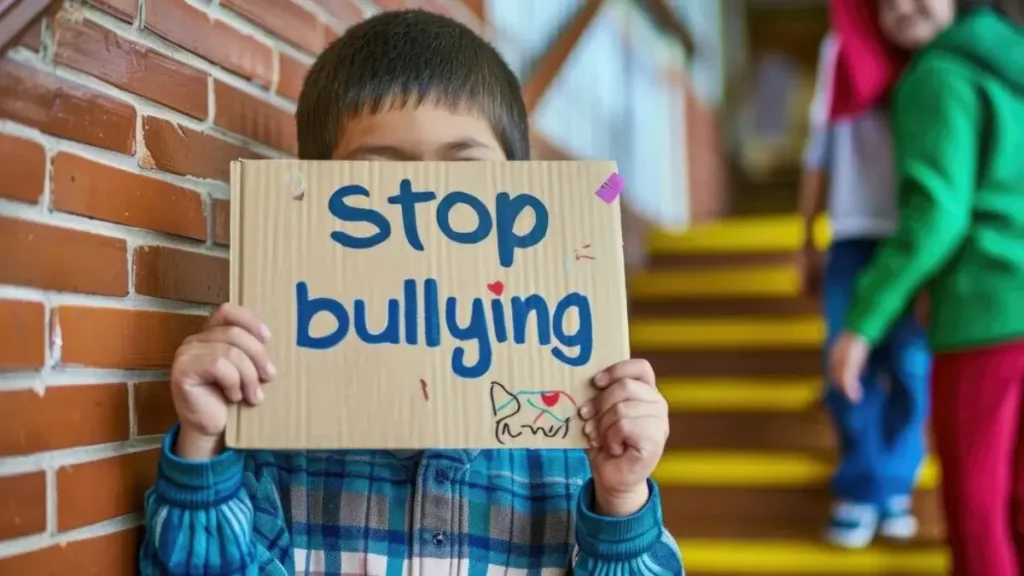
4. Right to Development
Kids must grow up in a healthy and safe setting. Development in all areas of being—Physical, Psychological, Emotional, Spiritual, and social—is a part of this. The goal of Indian legislation and policy is to ensure that indigenous peoples can live and develop in secure communities.
5. Right to Expression
Paying attention to youngsters when they speak is crucial, and their views should be considered once they reach an appropriate age. This leads to more inclusive decision-making and gives kids a voice in discussions about topics that matter to them. This will help build a society where everyone’s voice is valued and respected.
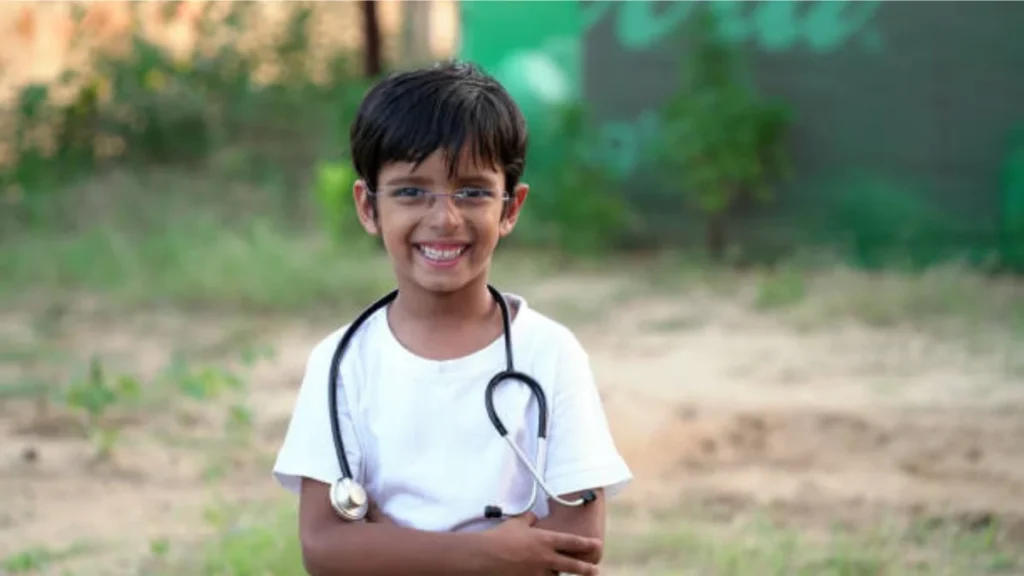
6. Right to Identity
Thanks to the registration process, they will have official identification by the time they are born. Registration of every birth is mandated under the Birth and Death Registration Act of India. This ensures that every child has a legal identity and can access healthcare and education. It also facilitates access to government services and rights from the beginning of a child’s existence.
7. Right to Health
Kids in India have easy access to medical treatment. Programs like the Universal Immunization Program aim to ensure that all children get the shots and medical care they need to stay healthy.
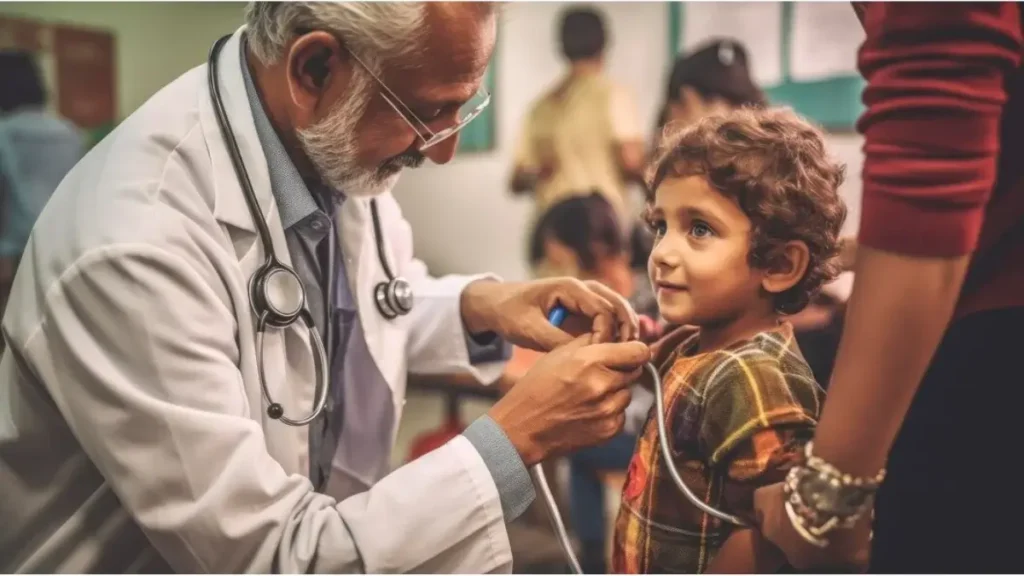
8. Right to Recreation
Additionally, children are free to unwind, play with age-appropriate toys, and attend cultural and artistic activities as they see fit. These rights recognize the significance of providing children with a balanced existence, and these programs guarantee that they get just that—a well-rounded upbringing.
9. Right to Family Life
It is the right of parents or legal guardians to raise their children if doing so is what the children need. Adoption and foster care are alternatives to family care that are in the best interest of children when this is not feasible, according to laws and policies.
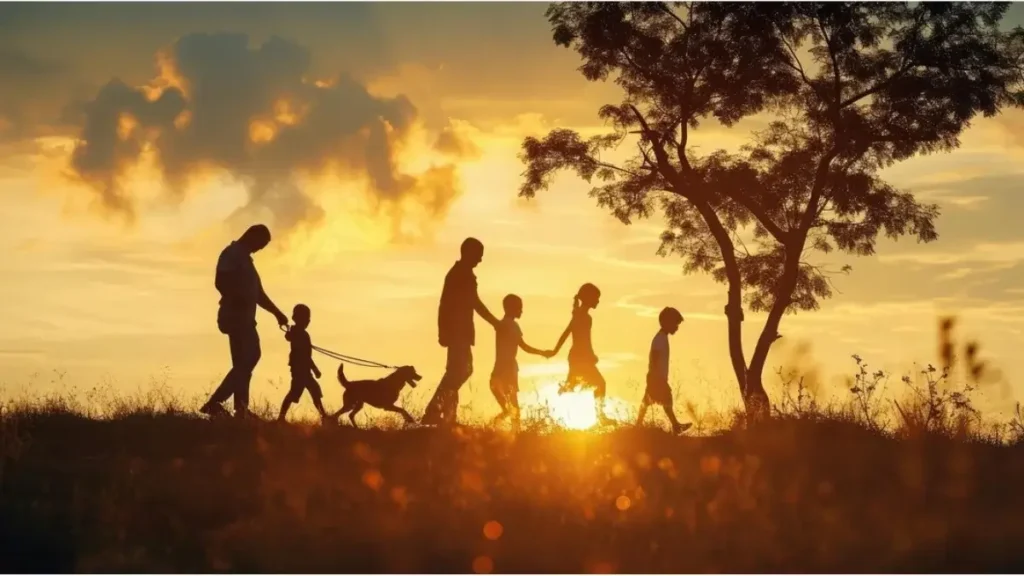
10. Right to Nutrition
Children receive the nutrients they need, which are essential for their health and development. Combating childhood malnutrition is a significant undertaking, and school lunch programs like the Midday Meal are a component. This is particularly the case in areas where people are struggling financially.
The future of children in India depends on our ability to comprehend and uphold these ten fundamental rights so that they can live in safe, nurturing homes. There isn’t single Indian children’s rights NGO that isn’t doing everything it can to spread awareness of these rights and ensure that every child can fully benefit from them. Their efforts, whether through advocacy or direct involvement, are vital to the continuing fight to safeguard and empower every child in the country.
-

 GENERAL6 months ago
GENERAL6 months agoChristofle – For Those Who Dream of Family Heirloom Silver
-

 SPORTS8 months ago
SPORTS8 months agoDiscover the World of Football with Streameast: Watch Your Favorite Leagues and Tournaments
-

 GENERAL5 months ago
GENERAL5 months agoUncovering the World of кинокрадко: The Dark Side of Film Piracy
-

 GENERAL2 months ago
GENERAL2 months agoATFBooru: Anime, Gaming, and Subculture Imageboard





























